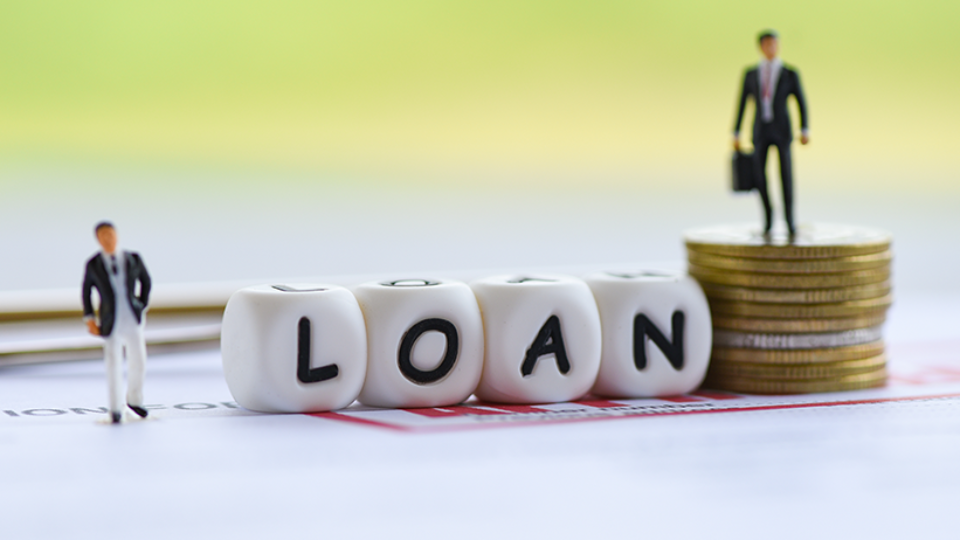For most young people, retirement feels like a lifetime away and retirement savings is the last thing on their mind. However, retirement is such a huge change in our lives that it’s never too early to prepare for it. Not only will you have to prepare for a sudden shift in your daily activities, but you will also face a drastic reduction in income. If you practiced poor financial management your entire life, adjusting to retired life will be extremely difficult when considering you want to support yourself without depending on other people. This includes your living cost (food, utility bills, traveling), any medical costs (which would likely be higher as you age) as well as much-deserved leisure activities and experiences. Ideally, you need to support yourself as well as help your family out, without becoming a burden for your children. On average, you need to ensure that you have enough retirement savings to comfortably support you for another 25-35 years at the very least. It is estimated that only about 5% of Sri Lankans have a comfortable life post-retirement (source: AIA Insurance).
If you are wondering about how you can build up your retirement savings schemes, here are the most common forms of retirement savings schemes in Sri Lanka.
Common Retirement Savings Schemes in Sri Lanka
Pension
.jpg)
If you work for the government or a governmental organisation, you will be eligible to receive a monthly pension after your retirement for your entire life. This is one of the biggest advantages of working for the government, rather than the private sector. However, surviving on a government pension alone will be insufficient to live a well-deserved rich lifestyle. Therefore, it’s best to look at alternate retirement savings plans as well, which we will go through in detail further below.
Employees’ Provident Fund (EPF) and Employees’ Trust Fund (ETF)
The EPF and ETF is the private sector’s welfare fund / retirement savings scheme for its employees. EPF is a contribution by both employee and employer (a percentage of their salary) whereas ETF is taken care of solely by the employer. Every single employee is to receive EPF and ETF from their first day of employment at any registered company, with no exceptions. In contrast to the pension, the lump sum of the EPF and ETF can be withdrawn by the employee on their retirement. Retirees should be very careful about managing this money as it is designed to act as their retirement savings for the rest of their lives.
Retirement Savings and Insurance Schemes
.jpg)
Most banks, insurance and finance companies have special retirement savings schemes or insurance policies to which you would have needed to contribute an amount to during each month while you were employed. After retirement, you would have your very own pension-like payout each month or, if you prefer, pull out the entire amount - wholly the fruits of your labour while you were employed.
Returns on Investments
If you had invested during your employment, you could be reaping the benefits during your retirement in the form of retirement savings. Perhaps, it could be dividends or even a monthly income through property or vehicle rentals. Passive income is the dream that you should aspire to when you start building your retirement savings. If you had invested smartly, your post-retirement returns on investment could allow you to live that fabulous lifestyle you always dreamed of. Diversifying your investments will reduce the risk aspect.
Retirement seems to be one of the scariest milestones of your life. But remember, the worst thing to do is nothing. As long as you have prepared retirement savings in some way or the other, your retirement shouldn’t be as daunting as you think it is.
Ofcourse, if at all a need arises to get a cash loan, you can register with OnCredit.lk and get yourself a quick personal loan.







